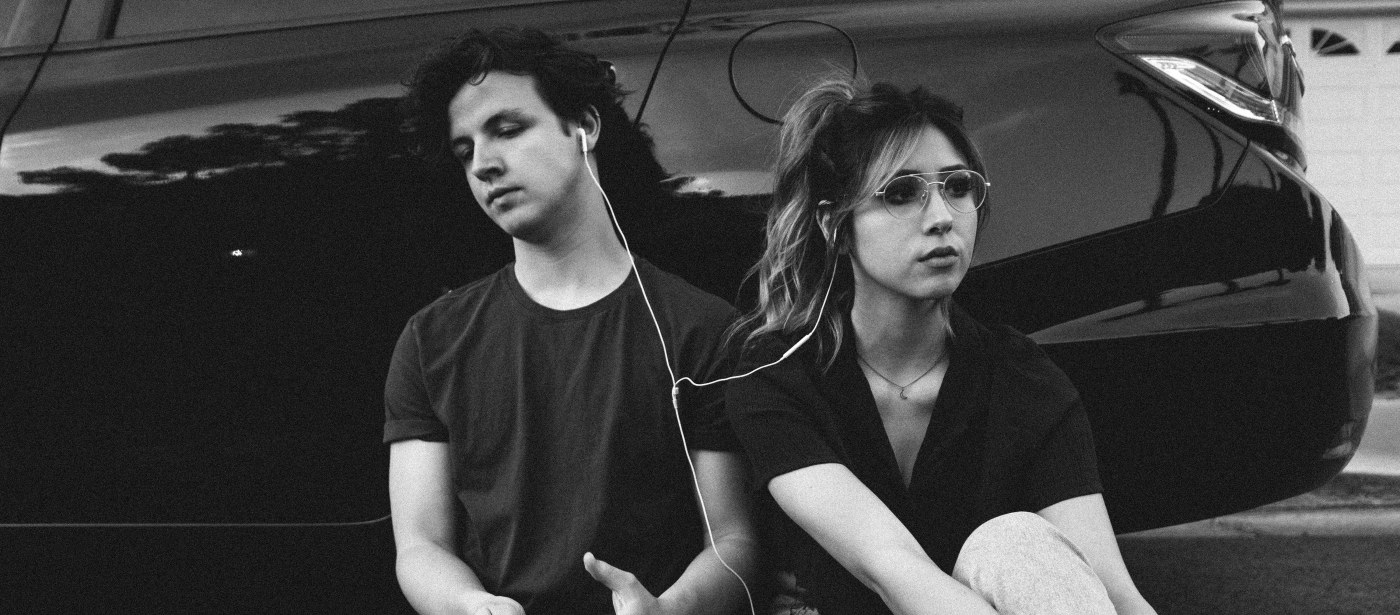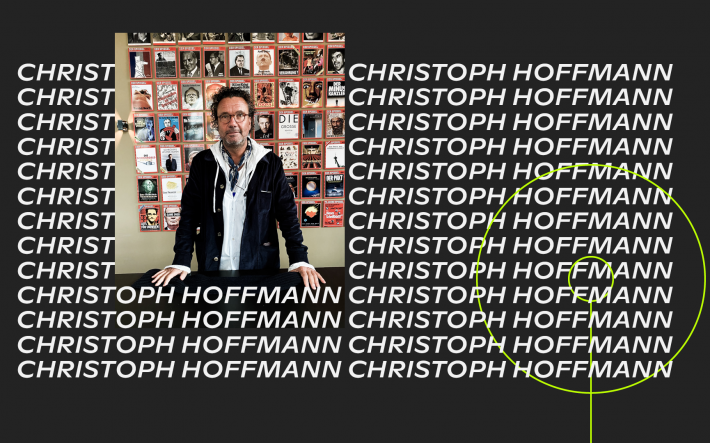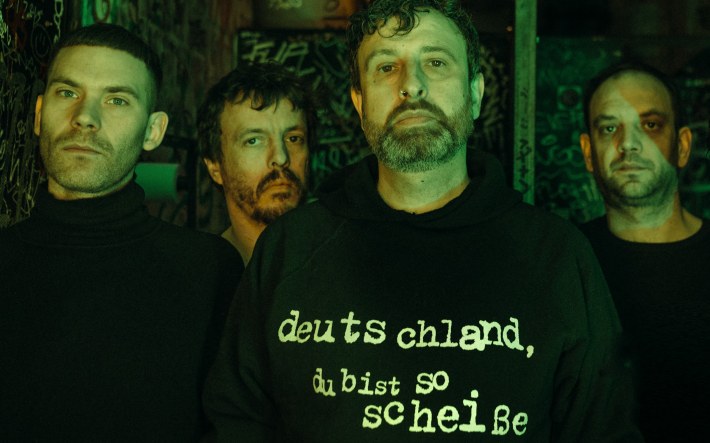When in Doubt, Anarchy
Tim Renner is a legend in the music and culture business. As a manager at Universal, he discovered bands such as Rammstein, and from 2014 to 2016, he was Berlin’s state secretary for cultural affairs, initiating a digitalisation offensive.
Aside from having worked as a music journalist and radio host, and founding his own media startup, Motor Entertainment, he also lectures at the Popakademie Baden-Württemberg and writes books on the industry. In short, it’s hard to think of anyone with a better grasp on the present and future of pop culture. A conversation about youthful anarchism, the vastness of the unregulated internet, and what’s next for the music industry.

COMPANION: Across your various contributions to culture and music, your main interest seems to revolve around ensuring the freedom of the unruly youth and their subcultures.
Tim Renner: Absolutely! Because what’s at the core of pop music? Revolt! The efforts of the youth to find their own language, their own code. The previous generation shouldn’t be able to understand it, as this would also constitute an attack on their fundamental values. The anarchistic element must absolutely be preserved, because it encourages originality. That, however, is currently more difficult than ever.
In what respect?
Firstly, you have a generation that was raised on pop music — my generation. That means that we can adapt to the codes of our children incredibly quickly.
Do you think that the ubiquitous nature of pop culture has positive effects?
Certainly. The dissemination of pop culture throughout society means that anarchistic moments crop up everywhere. But there are some rules that need to be followed.Of course. Earlier, we had a ten-year rule for the lifetime of a trend. It’s clear to see how a trend is created within those first five years, in reaction to what has come before it. Over the following two years, it reveals itself to its intended audience and then it achieves its commercial breakthrough. For three years after that, it will be milked for everything it has, until nobody wants to hear about or see it anymore. That’s when the next movement comes in, in response to the former trend that has now become mainstream. Nowadays, trends don’t have as much time to develop and the milking process is more intensive and begins earlier. This allows pop culture brands to quickly present anarchistic elements as well polished. But that’s a balancing act too, of course.

The European Parliament recently reached a decision about copyright reforms, about regulating content on internet platforms. They voted in favour of Article 13, meaning that YouTube and similar platforms will be forced to prevent users from uploading copyright-protected material. You’re opposed to this because you think it jeopardises grassroots subcultures and independent artists?
Exactly. The reform that the European Parliament voted for works in the favour of the non-digital user industry — I see that as fatal. This leaves us with the unmoving dinosaurs of the industry, to the detriment of the new breed of independent artists, musicians, and writers. What I actually think is urgently needed is a set of laws that consider creative artists and protect all the freelancers and pioneers. That would do the trick — rather than just making the old-school giants even more powerful.
If you look at the political discourse surrounding internet regulation, you still always get the feeling that nobody really knows what should actually be done to deal with this colossal issue.
For me, the main problem is the fact that politicians engage with the subject of the internet with a certain degree of abstraction. There is a huge difference between understanding something on an emotional level and only conceiving of it rationally. If I myself had little experience with social media, didn’t use it much, didn’t know what happens on these platforms, there is still a lot I can read up on about the issue. But I will never have real access to it, nor will I be in a position to press the right buttons.
What is your prognosis for the music business? How will we deal with music in the future?
I think there will be a greater need for individuals to personally get involved in the music business. Earlier on, as a music lover, I always tried to impress people with a good playlist. Today, I can achieve that better with my own special mix. It’s becoming more and more about adopting music for yourself. This trend is also playing out in China, the market that is currently showing the most rapid growth.There, the WeSing app is on a path to success. It’s a karaoke service that many Chinese people have on their phones. After all, karaoke is another opportunity to adopt music for yourself rather than just observe it.
Is there anybody on the pop scene that you are impressed by at the moment?
There are a few people — Billie Eilish comes to mind. She’s already entered the mainstream, but she’s very authentic; she makes very well-produced music and she takes pop in a completely new direction. The whole thing actually still seems like a subculture, though Universal is behind it — a giant label. If they have staged the authenticity entirely, you have to say, ‘Hats off! Well done!’ Or maybe they were intelligent enough to give her and her brother, a great producer who has influenced Eilish’s sound, the artistic freedom to do what they want. This brings us back to the heart of this discussion: regulation and the facilitation of youthful anarchy.








